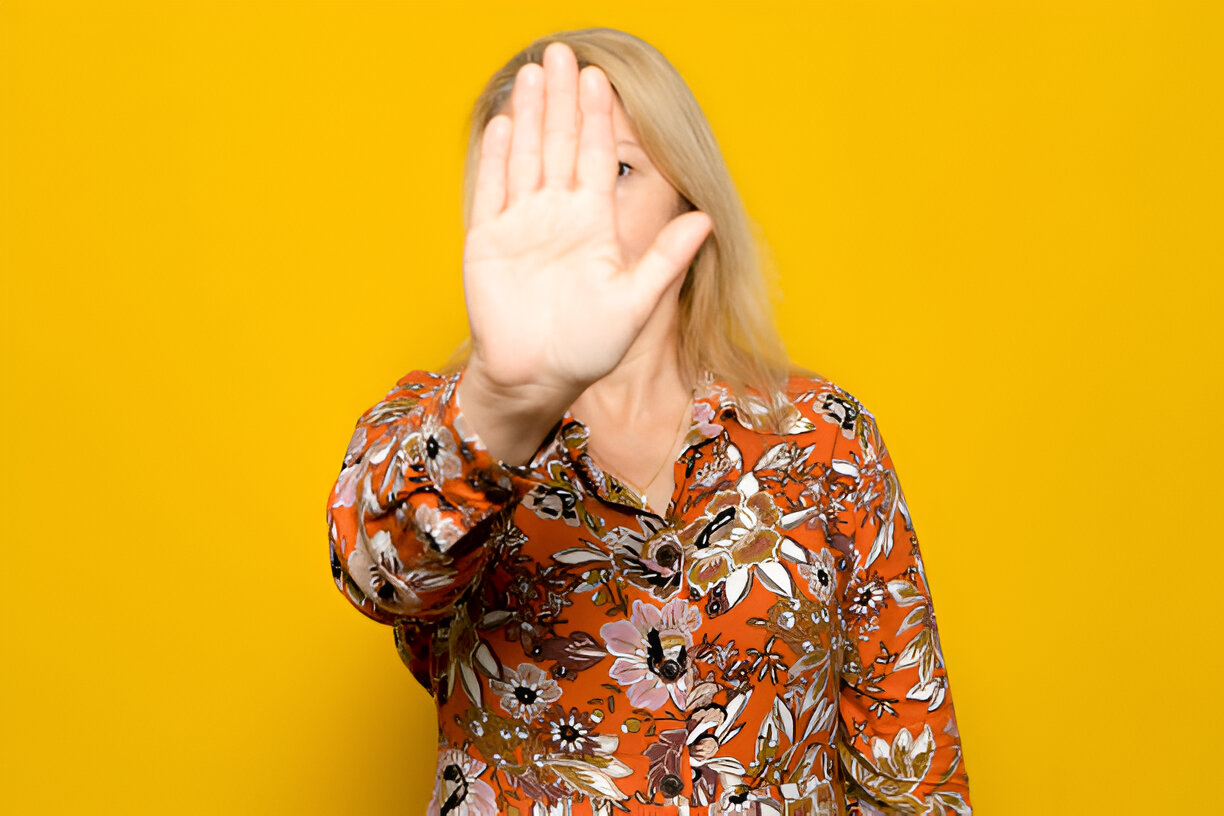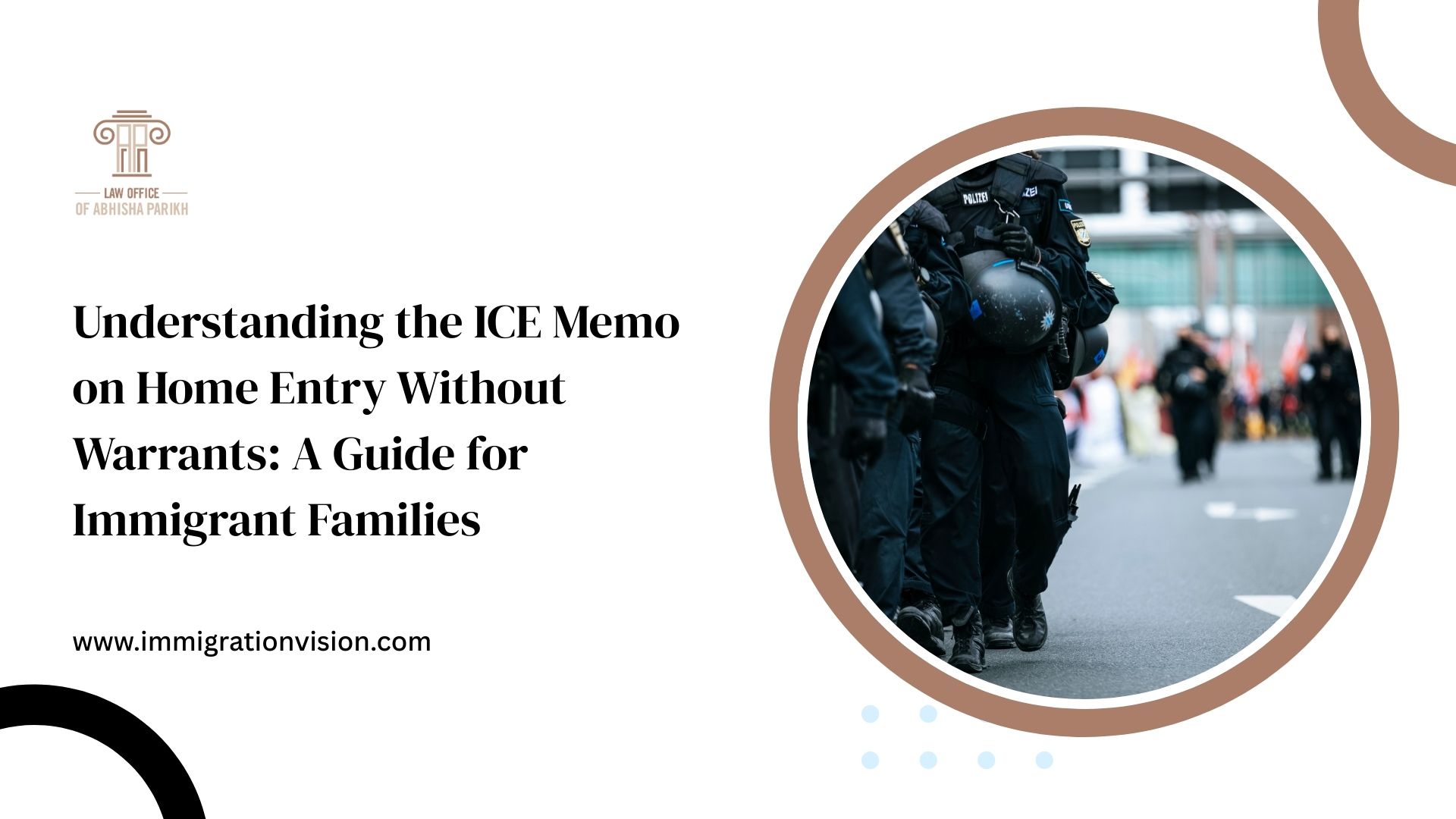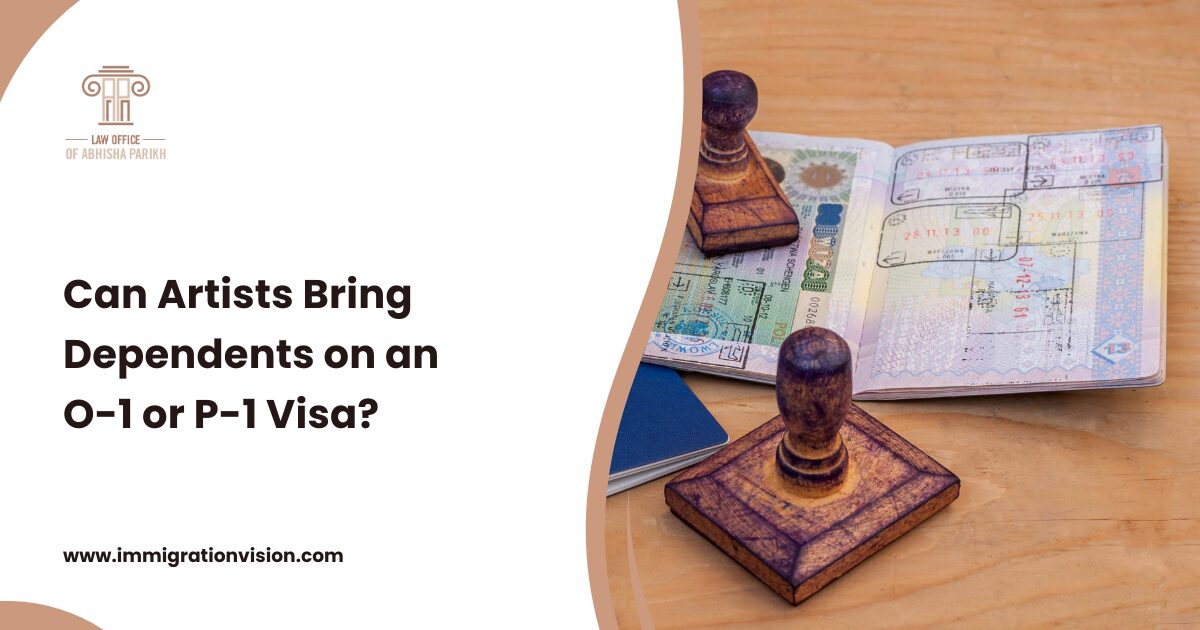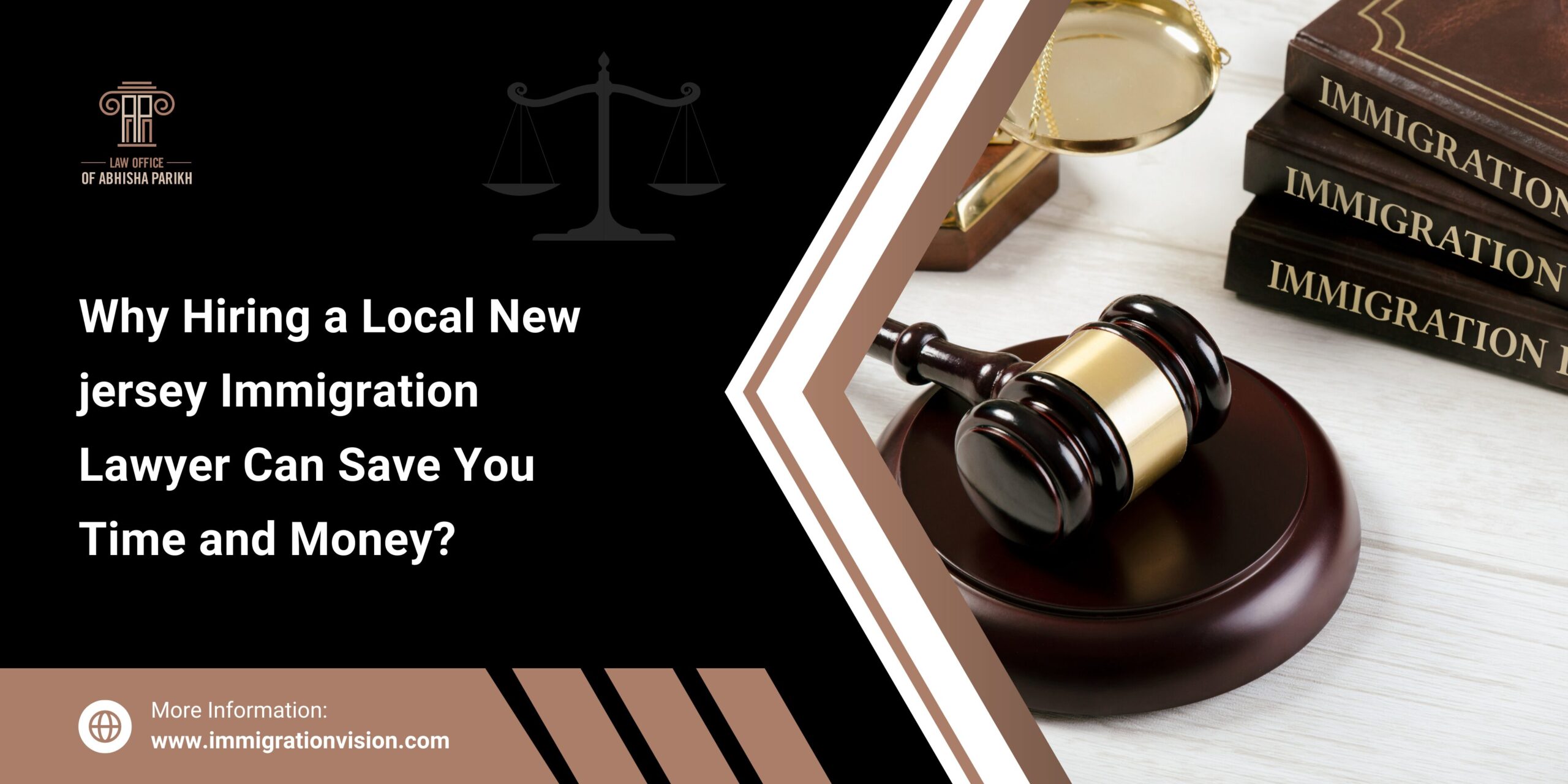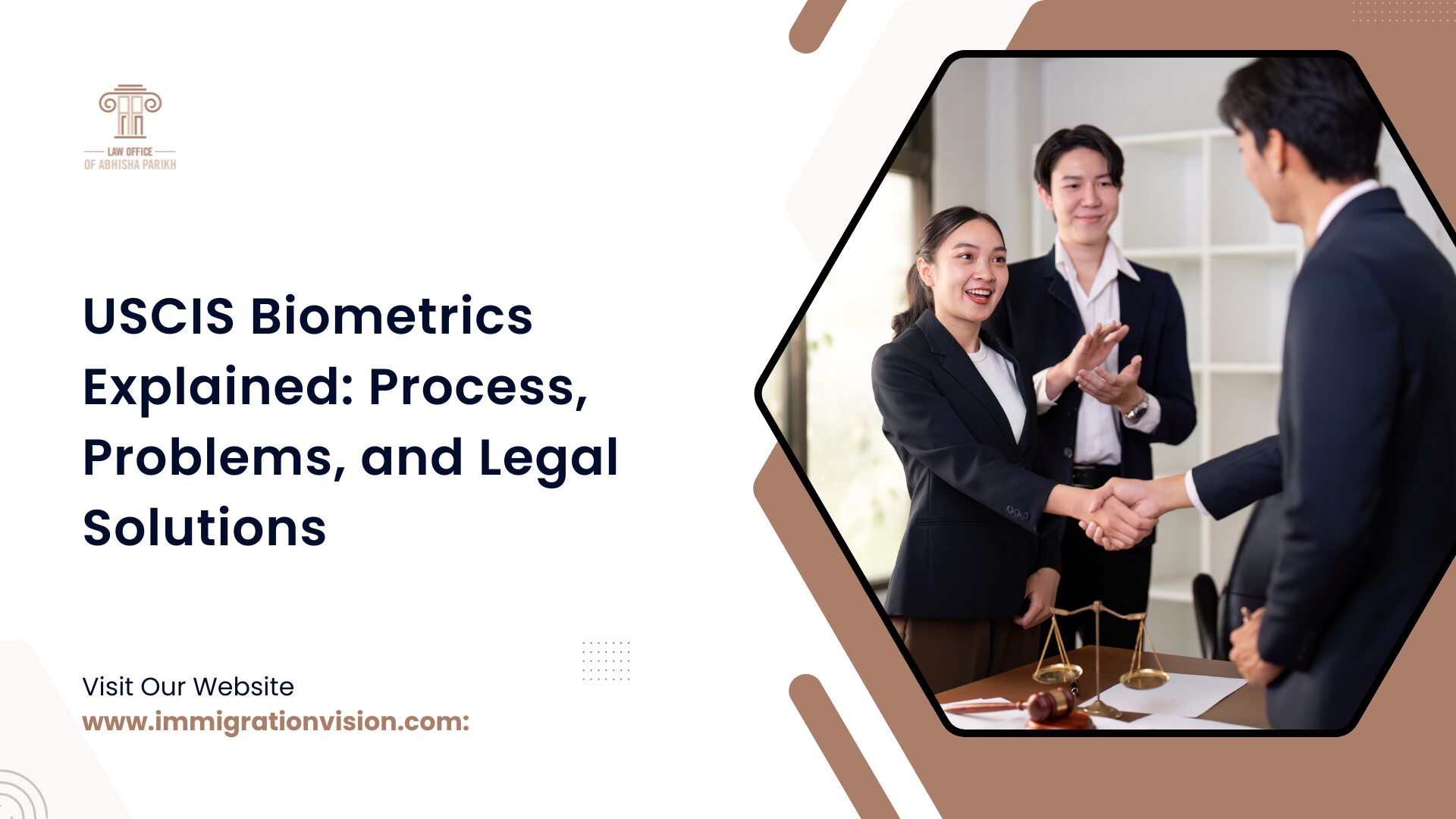Imagine Sarah, a mother of two, feeling trapped in an abusive relationship for years. She is living in constant fear and uncertainty. She felt isolated and helpless, believing there was no way out. One day, Sarah stumbles upon information about the Violence Against Women Act (VAWA).
She discovers that legal help and protection are available. This act, designed to support and protect victims of domestic violence, offers her a glimmer of hope. Within months, Sarah not only finds safety but also starts the process of rebuilding her life, finding the strength she never knew she had.
This isn’t just a story; it’s a reality for many women who have found refuge and empowerment through VAWA. Understanding your rights under VAWA can be truly life-changing. Let’s delve into the details of what VAWA entails and how it works. We’ll also go over how you can use it to protect yourself and reclaim your life from abuse.
What is the Violence Against Women Act? Unpacking the Basics
The Violence Against Women Act, commonly known as VAWA, is a landmark piece of legislation passed in 1994. The Act addresses and reduces domestic violence, dating violence, sexual assault, and stalking. It provides federal resources to protect and support victims.
VAWA marked a significant shift in how the United States addresses violence against women. This emphasizes not just punishment for perpetrators but also comprehensive support for survivors.
The Act’s introduction was groundbreaking. It acknowledged that violence against women is not just a private issue but a societal problem. The Act is a coordinated community response to domestic violence.
The Act funded the establishment of programs to assist victims, trained law enforcement and judicial personnel. Now they can handle such cases sensitively and effectively, supporting community-based initiatives to combat violence.
Over the years, VAWA has evolved, adapting to better meet the needs of survivors. Each reauthorization has brought about critical updates and expansions.
For example, the 2000 reauthorization improved protections for immigrant women and provided more funding for legal assistance. The 2005 reauthorization addressed issues like sexual violence on college campuses and enhanced services for victims with disabilities. The 2013 reauthorization expanded protections for LGBTQ+ individuals and Native American women, recognizing the unique challenges faced by these communities.
The primary goal of the Act is to offer protection. The Act provides support services, and legal remedies to those affected by violence.
This includes funding for shelters and crisis centers. It also includes legal assistance for survivors seeking protection orders or custody of their children. And finally, programs to prevent violence before it occurs.
VAWA also supports specific services for underserved communities. This ensures that help is available to everyone who needs it, regardless of their background or circumstances.
Overcoming Your Fears: Why Hiring an Attorney Isn’t as Scary as You Think
Fear of Legal Jargon: Legal terms can be daunting. A good attorney will explain everything in plain language, ensuring you understand each step.
Trust Issues: Trusting someone new, especially with such personal matters, is tough. Look for attorneys who specialize in VAWA cases—they understand your situation deeply and can provide empathetic support.
Financial Concerns: Legal services can be expensive, but many organizations offer free or low-cost assistance for VAWA cases. Plus, an attorney can often help you access other financial resources.
Emotional Hurdles: Having a supportive legal advocate by your side can make the process less daunting. They will take care of the challenging aspects, allowing you to prioritize your healing journey.
Know Your Rights: What The Violence Against Women Act (VAWA) Offers You
Protection Orders: VAWA provides various protection orders. This includes restraining orders and orders of protection, to keep you safe from your abuser.
Privacy Protections: Your privacy is crucial. VAWA includes provisions to keep your personal information confidential, protecting you from further harm.
Housing Rights: VAWA safeguards you from eviction because of incidents of violence. It also ensures you can secure safe and stable housing.
Immigration Relief: If you’re an immigrant, VAWA has specific provisions to help you gain legal status. This would mean you are independent from your abuser and ensures you can stay in the country safely.
The 2022 Reauthorization: Enhancing Protections and Expanding Services
On March 15, 2022, lawmakers officially approve the Reauthorization Act of 2022 for the Violence Against Women Act (VAWA). This is a significant milestone in the ongoing fight against domestic violence and sexual assault. This reauthorization brings crucial updates and expansions to VAWA. It makes certain that survivors of domestic violence, dating violence, and sexual assault receive enhanced protections and support.
Key Enhancements of the Reauthorization Act of 2022
Broadened Criminal Jurisdiction: The Reauthorization Act of 2022 includes a significant change: an expanded criminal jurisdiction. This change empowers tribal authorities to enforce laws more effectively, including handling VAWA issues within tribal court. This change empowers tribes to prosecute non-Native perpetrators of domestic violence and sexual assault. It addresses a significant gap in the protection of Native American women.
Expanded Grant Programs: The reauthorization includes increased funding for grant programs. These programs aim to support victims of domestic violence and sexual assault. These grants are vital for local organizations that provide shelter, counseling, legal aid, and other victim services. By bolstering these programs, the Act ensures that more survivors can access the help they need.
Enhanced Victim Services: The Violence Against Women Reauthorization Act of 2022 places a stronger emphasis on victim services. This includes specific services for underserved populations such as LGBTQ+ individuals, immigrants, and those with disabilities. The aim is to create a more inclusive support system that addresses the unique challenges faced by different communities.
Support from the Office on Violence Against Women: The Office on Violence Against Women (OVW) plays a pivotal role. With the 2022 reauthorization, the OVW oversees new initiatives. They ensure that the enhanced protections and services reach all survivors effectively. The OVW’s coordinated community responses to domestic violence are critical in fostering collaboration among law enforcement, judicial systems, and victim service providers.
Why the Reauthorization Matters
The women act reauthorization is more than just a legislative update. The reauthorization is a validation of the country’s commitment to ending domestic violence and sexual assault. Each reauthorization, including the 2022 act, reflects a deeper understanding of the complexities surrounding these issues. Each one proves a dedication to improving support systems for survivors.
March 15, 2022: A New Chapter for Survivors
The passage of the Violence Against Women Reauthorization Act on March 15, 2022 symbolizes a new chapter. It represents hope and progress for survivors of domestic violence and sexual assault. This ensures that the legal framework evolves alongside the changing dynamics of these issues. It provides more robust protections and comprehensive services.
Integrating these updates into our understanding of VAWA is crucial. The reauthorization act of 2022 not only strengthens existing measures but also introduces innovative approaches to support survivors.
Understanding the impact of Violence Against Women Act Reauthorization Act is essential for anyone seeking to navigate the protections and resources available. By staying informed about these changes, survivors and their advocates can better utilize the legal tools at their disposal.
Step-by-Step: How to Apply for VAWA Protections
Step 1: Assessing Your Situation: Determine your eligibility for VAWA protections. You don’t need to be married to your abuser; relationships covered include dating, cohabiting, or sharing a child.
Step 2: Gathering Documentation: Collect evidence such as police reports, medical records, and any communication that proves abuse. This might feel overwhelming, but it’s a crucial step to take.
Step 3: Filing the Application: Submit your application to the appropriate authorities. This includes the Departments of Justice or Health and Human Services. This includes filling out forms and possibly providing a personal statement. An attorney can guide you through this.
Step 4: After Filing: Once filed, the process involves waiting for approval. During this time you might need to attend interviews or court hearings. Patience and persistence are key here.
Why You Need Specialized Legal Representation
Expertise Matters: VAWA cases are complex. An attorney who specializes in VAWA knows the ins and outs of the law. They can navigate the system efficiently.
Support System: Legal processes can be draining. A dedicated attorney provides not just legal support but also emotional backing, guiding you every step of the way.
Advocacy and Protection: Your attorney will fiercely advocate for your rights. They will ensure you get the protection and support you deserve. They’ll handle the legal battles so you can focus on recovery.
Finding the Right Legal Help: Tips and Resources
Qualities to Look For: Seek attorneys with experience in VAWA cases, empathy, and a strong track record. They should make you feel comfortable and understood.
Where to Look: Start with local legal aid organizations, domestic violence shelters, and online directories dedicated to VAWA. Many offer free consultations.
Questions to Ask: When meeting potential attorneys, ask about their experience with VAWA. Ask about their success stories, and how they plan to handle your case. Ensure your attorney or lawyer is approachable and transparent.
Real Stories, Real Impact: How The Violence Against Women Act Has Changed Lives
Here are several additional examples of VAWA. Read how they transform the lives of survivors of domestic violence:
- Emily: Escaped an abusive marriage and secured a restraining order, allowing her to live safely with her children. Emily is one of the survivors of domestic violence against women act VAWA. Her newfound security empowered her to start afresh.
- Maria: An immigrant who gained legal status through VAWA, giving her the freedom to build a new life. For Maria, the provisions for immigrants under the act were a lifeline.
- Rachel: Found housing stability thanks to VAWA’s housing protections, moving from a shelter to her own apartment. Rachel’s journey is a testament to how VAWA’s support extends beyond immediate safety. It provides long-term solutions for survivors.
These stories illustrate the profound impact of VAWA on survivors’ lives. They highlight how VAWA’s comprehensive support system aids survivors of domestic violence in reclaiming their futures. This aims to give hope to survivors of domestic violence, dating violence, sexual assault, and stalking.
Take the First Step Towards Safety
Understanding the Violence Against Women Act is the first step towards reclaiming your life from abuse. Do not allow fears to prevent you from seeking the help you deserve. With the right legal support, you can navigate this journey more easily and confidently.
If you or someone you know is in need of legal assistance under VAWA, don’t hesitate to reach out. Schedule a consultation today to discuss your situation and explore your options. Your safety and well-being are of utmost importance.
[gdlr_core_button button-text=”Consult With Our Immigration Experts” button-link=”https://immigrationvision.com/consultation/” button-link-target=”_blank” margin-right=”10px” ]

